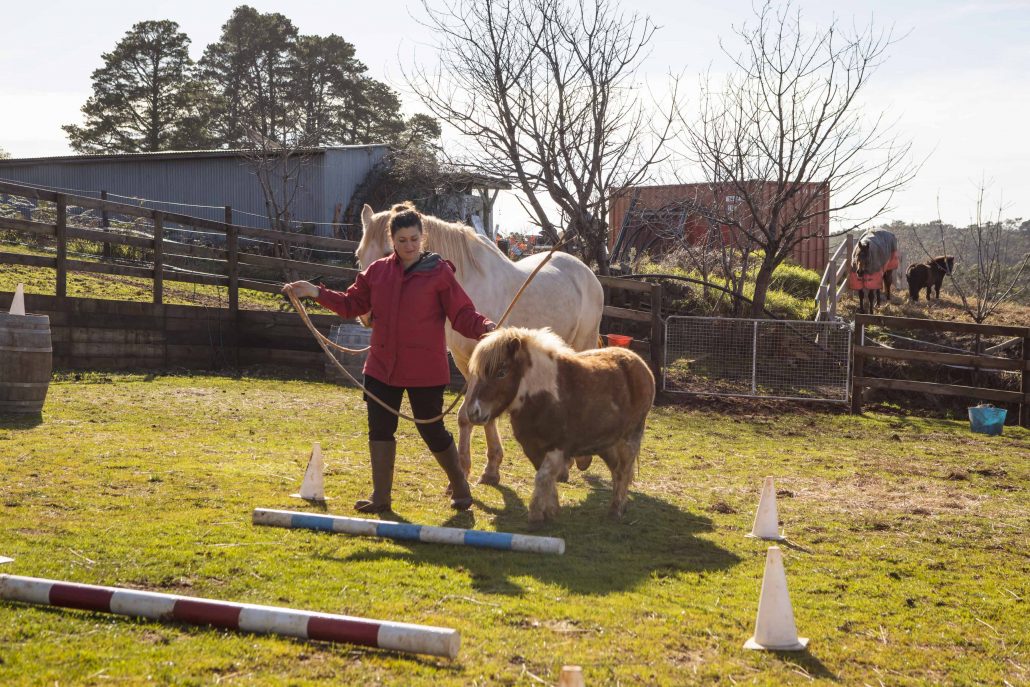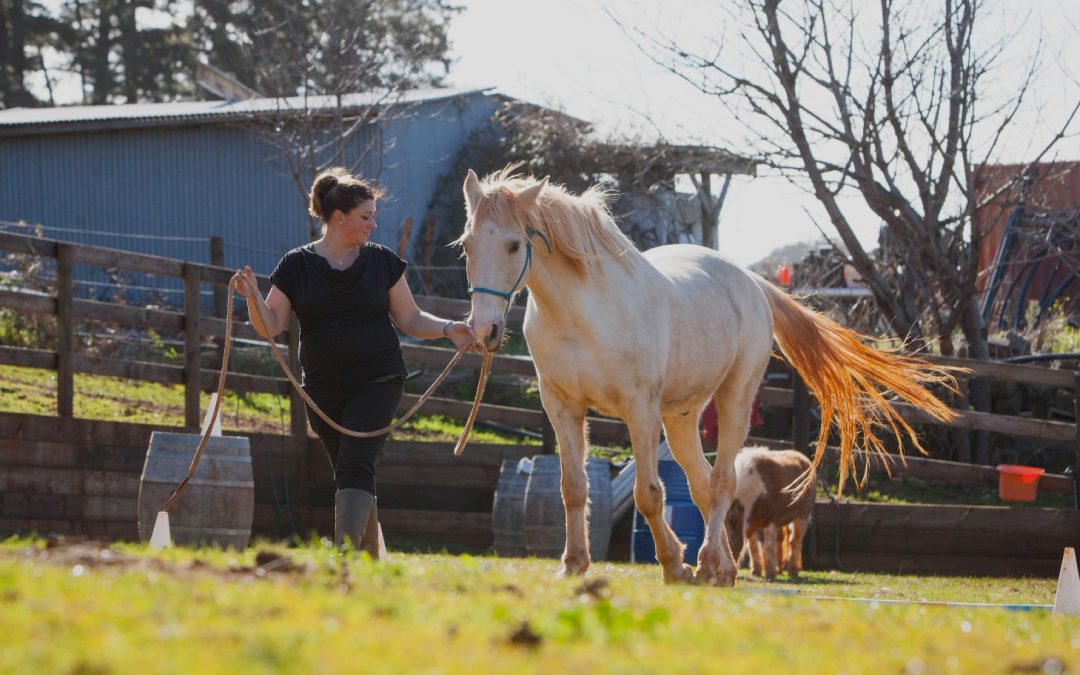Children recovering from a serious and chronic medical illness, like cancer, leukemia, or managing issues like epilepsy are at a greater risk of developing emotional challenges, including stress, anxiety and depression.
- Young children can struggle to understand why the illness has occurred and may assume its punishment. Some look at peers and feel like the victim, others take it in their stride.
- Treatments, procedures, appointments can make children feel uncomfortable and not in control of their life.
- Equine assisted psychology may assist to help the child develop emotionally healthy ways of living with the health condition, illness or disease and its effects.
Depression in children with chronic illnesses
Children with long-term health condition may be more likely to experience mental illness in early adolescence than healthy children (https://www.sciencedaily.com/releases/2020/05/200504114117.htm). Less physical activity in children may result in mental health problems by increasing symptoms of depression, anxiety, pain and loneliness. Missing school and other regular activities may make the child feel more alone and less connected to their peer group.
What is equine therapy?

Equine Assisted Psychology is an animal assisted experiential approach to professional psychotherapy and counselling. It is facilitated by a registered psychologist. It offers support for clients of all ages in addressing emotional, relational, behavioural and psychological issues. With horses as co facilitators, clients are actively engaged intellectually, emotionally, socially and physically, to explore and examine their current challenges and derive their own meanings. As each client’s experience is personal, the aim of EAP is to help increase awareness for future learning and growth and to work towards harnessing overall wellness.
- Children with long-term illnesses may benefit from equine assisted psychology to help the child develop emotionally healthy ways of living with the disease and its effects. By being outdoors with the horses and away from the traditional clinical setting they may frequent due to their medical issues.
- Horses use clear communication
- Horses can support teach emotional regulation
- Horses can be a positive attachment figure and relationship role model
- Outdoors in nature
Parental support and wellbeing
If you have a child recovering from a chronic illness, it is important to look after yourself so you can provide the best possible care for your family:
- Take time for yourself – ask for help, you need a break every now and then to recharge
- Manage anxiety and stress – through exercise, relaxation and meditation
- Get professional support – with a psychologist on how you and your family can cope during this time and how your approach can support your child.



